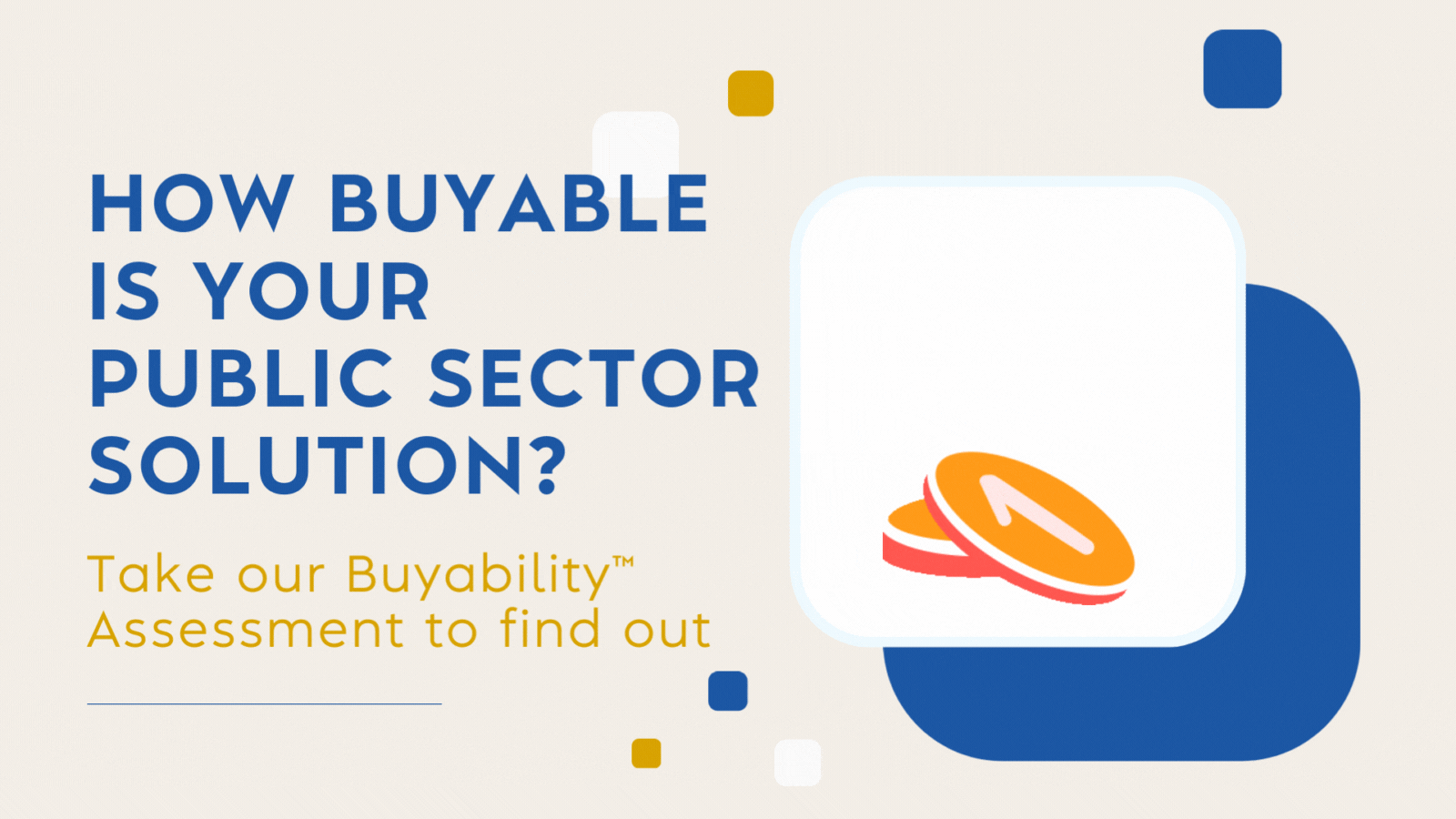In an era where technology is integral to public sector operations, getting listed on G-Cloud 14 this February is not just an opportunity; it’s a strategic necessity. G-Cloud, CCS’ flagship framework, is a gateway to the public sector technology market. Find out in this blog post why it’s so crucial you apply.
Visibility in the Public Sector Market
G-Cloud allows technology suppliers to get a foot in the door of the public sector market. Listing on G-Cloud 14 will significantly boost your visibility as a supplier. It works like a catalogue, after all.
It’s not just about being in a marketplace; it’s about being in a marketplace trusted by the public sector. From small local councils to large national agencies, the platform provides unparalleled access to public sector entities, offering many opportunities for technology companies. Suppliers gain significant exposure through the platform’s reach and influence, without the hefty price tag of traditional marketing campaigns.
Simplified Procurement Process
One of the standout benefits of G-Cloud is the simplification of the procurement process. The framework enables quicker and more efficient engagement with public sector buyers by reducing the complexity and duration of the tendering process. Vice versa, the framework creates a way for the public sector to procure technology easily, and quickly. Where the normal tender process can take months, G-Cloud can reduce it to weeks or even days. This is because of the ability for buyers to directly award contracts in some cases!
Direct award means buyers can automatically select a supplier if their search provides only one supplier. This all has to be done fairly, though – and the chosen supplier has to be evaluated and shown to provide the best value. Buyers also have to prove that they fairly narrowed down their search to just one supplier.
The process is also simplified by the use of a framework agreement. G-Cloud was created as a procurement vessel to ensure all services and tech products are procured fairly. As a supplier, you will have to declare you agree to certain Ts&Cs and meet the obligations listed in the overall agreement before you can be accepted onto the framework. This way buyers know you’re safe to do business with.
Easier application process
A great benefit of G-Cloud is that it isn’t competitive in its application. Suppliers have to make sure they hit the criteria, answer a Selection Questionnaire and then complete their catalogue listings.
Navigating the compliance requirements for public sector contracts can be daunting. G-Cloud simplifies this, providing a framework that ensures companies meet the necessary standards, thereby reducing the administrative burden.
That’s not to say it’s a tick-box exercise. You’ll still have to make sure the listings submitted are competitive on price (and compliant with the terms), searchable by your target buyers, and buyable.
Your competition is (not) using it
If your competitors are listed on G-Cloud, there’s a reason. Being on the framework gives an easy way to do business with the public sector, and is essentially an open catalogue of suppliers that public sector buyers can browse. If you’re not on it, you’re missing out. You can see if your competitors are selling through G-Cloud by looking at the spend data, which is made publicly available by CCS. Equally, the marketplace is open to browse, just like a buyer would, right here.
On the flip side, if you look at the spend data and see your competitors aren’t using G-Cloud, you may have just found a way to one-up them. G-Cloud is a competitive edge; if you’re accepted onto the framework, it won’t be you missing out.
Transparency and fair competition
One of the big advantages of G-Cloud is that all of the data is made available. We can see who is buying what, the amount of spend, and what companies are winning the business. This allows fairer competition, with smaller companies being able to compete with the big players.
Put simply, G-Cloud democratises the market. Whether you’re a startup or an established tech giant, G-Cloud offers (in theory) an equal footing.
The UK Government aims to spend at least £1 of every £3 with an SME. With 40% of total G-Cloud spend going to SME suppliers, the framework is crucial in helping the government meet this pledge. What’s more, it shows that you’re not disadvantaged by being a smaller player!
Networking and Partnership Opportunities
Whilst G-Cloud is great as a marketplace, its level of transparency means it can also provide networking opportunities. Suppliers have the opportunity to form partnerships, collaborate on solutions, and share insights, which can be pivotal for growth and innovation.
By checking out the spend data, suppliers can see which organisations are winning business from their target markets. This provides an opportunity to scope out potential partners and supply chain collaborators.
Regular refresh cycles
G-Cloud’s regular refresh cycles (despite the occasional extension as we saw last year with G-Cloud 13!) are a significant advantage. They allow companies to update their service offerings, ensuring that their solutions remain competitive and in line with the latest market demands and trends.
This helps suppliers provide innovative solutions to the UK Government. It also ensures pricing and offerings can be edited and updated frequently. It’s worth noting though, that we predict G-Cloud 14 to be a two-year agreement, instead of the usual year we’ve seen in the past!
From streamlined access to a vast market to enhanced credibility and simplified compliance, G-Cloud 14 is THE place to be for any cloudtech company looking to make inroads into the public sector. If you’re not listed, you’re missing out on a significant opportunity to grow your business and enhance your market position.
With the next iteration opening for applications very soon (February 2024!), it’s now time to make sure you’re qualifying for G-Cloud and strategising. We’re already getting everything prepped for applications on behalf of our clients!




